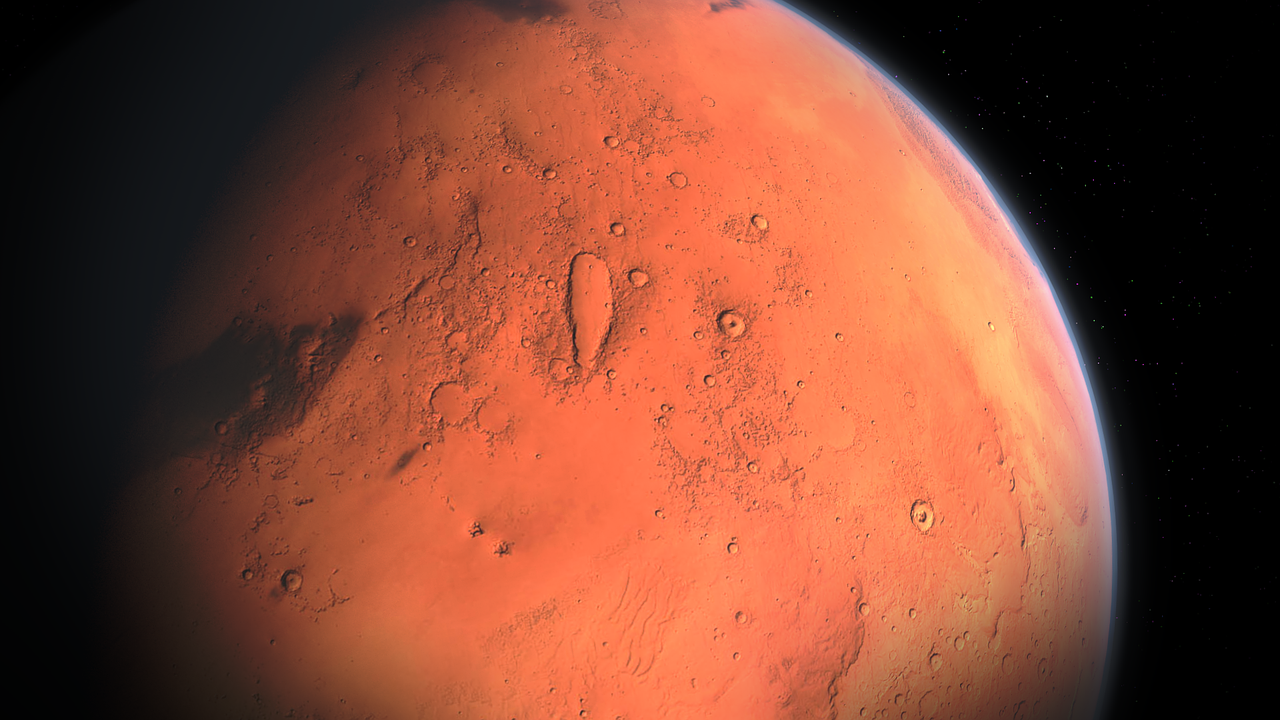
Stephen Hawking is making apocalyptic predictions again regarding the future of Earth. The respected theoretical physicist warns that humanity needs to become a multi-planetary species within the next century if we don’t want to go extinct.
Last year, he prophesied that we had maybe 1,000 years left on Earth, and the inspiration for this newly-urgent timeline is unclear—except for the fact that Hawking’s new documentary about colonizing Mars is coming out soon.
To be sure, Earth is facing some big problems, including climate change, overpopulation, epidemics, and asteroid strikes. But before we flee this planet like an action hero jumping out of an explosion, let’s think about this for a second.
Sure, it’d be great to have a backup civilization somewhere in case asteroids wipe out all life on Earth. And it would be one of the most exciting things humankind has ever done. But what would it actually require?
Mars is a somewhat obvious choice because it’s nearby, but it’s not exactly Earth 2.0. In fact, it’s arguably a lot worse off than Earth. It has toxic soil, it’s freezing cold, and the air is unbreathable. Any Martian colony would likely rely on regular care packages from home, which would not work well if Earth was done-zo.
If we really want to find the perfect home away from home, we could look to other star systems: with billions of planets in the Milky Way, there’s a good chance some will have water, land, and breathable air. But so far we haven’t found Earth’s twin, and our telescopes don’t have the kind of resolution that could tell us in detail what an exoplanet is like.
Also, it would take hundreds of years to get there, and if those passengers don’t die along the way, they’d likely evolve into a new species before they even got to their new planet.
Bringing enough people from Earth
We would need to send significant numbers of people to other worlds in order to ensure the survival of the human species. Small colonies are subject to genetic anomalies from inbreeding, and vulnerable to getting wiped out in accidents.
NASA’s missions to Mars will likely only carry as many as six people at a time to the red planet. SpaceX wants to develop an Interplanetary Transport System to deliver 100 Martian settlers at a time, but at the moment it is nothing more than an imaginary behemoth.
The interstellar route is even more challenging, because we don’t even have an imaginary spacecraft capable of supporting thousands of people for hundreds of years on an interstellar journey.
And in either case, there’s always the politically charged question of: who goes and who stays? Do poor and disadvantaged people get left behind on a hellish world?















Facebook
Twitter
Pinterest
Google+
LinkedIn
Email